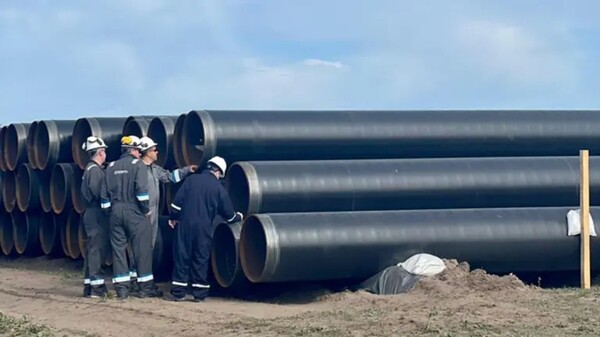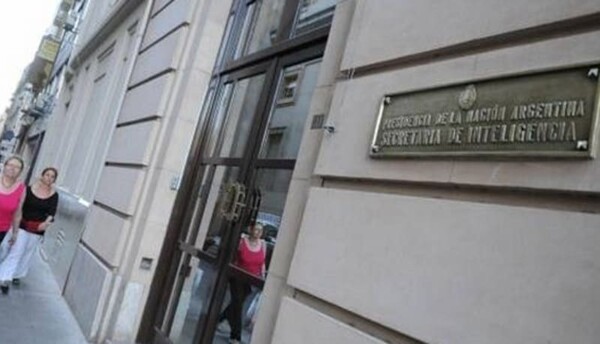
The central event for the Federal Police week took place in Buenos Aires and featured the prominent presence of Javier Milei and Victoria Villaruel, representatives of the libertarian government who have maintained a relationship marked by ups and downs since the beginning of the administration.
The President highlighted in his speech the importance of not punishing honorable police officers for doing their job well and pointed out the influence of the left in institutions as a factor to consider in this issue.
The relationship between Milei and Villarruel has been the subject of constant news due to their public differences. A recent episode was Villarruel's visit to Perón's widow in Madrid during her European tour, where she explained that her absence from certain events was due to party matters.
The relationship between the two strained in August due to disagreements on certain topics, such as a xenophobic song related to the Argentine national football team after winning the Copa América. Despite efforts to emphasize Villarruel's loyalty to the government, political differences persist.
At an event organized by the Ministry of National Defense, Milei sparked controversy, while Villarruel, as president of the Senate, continued with her national agenda, promising to visit the provinces twice during her term.
The internal tensions between the two leaders continue, despite some protocol interactions at events like the graduation of cadets from the Juan Ángel Pirker General Commissioner School. During this event, Milei apologized to the agents for the years of difficulties they faced during previous governments.
Despite statements that the relationship between the two is "normal," the lack of attendance at joint events, such as the handing over of sabers to the heads of the Armed Forces in August, suggests otherwise. Tensions persist even when they share public stages, which has generated critical comments from political figures such as deputy Lilia Lemoine.














